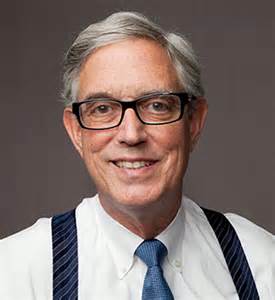A Quote by Tana Ramsay
The important lesson for the children was that they know if there is a problem, they can tell us, we can talk about it, and we can resolve it. That's what families do. You face things, and you deal with them, and you move on together.
Related Quotes
If you want your children to relate to the culture you live in, if you want to train them outside of the general system, you have to tell your children that ordinary children tend to say things like 'I can run faster than you; I can draw better than you; I know things you don't know'. You have to tell them what normal children are like. Normal children are messed up and you have to tell them about that. But if you instruct your child in high correlation with the physical world, they won't be able to relate with normal children. Normal means mixed up as I use the word.
I promise that if you will keep your journals and records, they will indeed be a source of great inspiration to your families, to your children, your grandchildren, and others, on through the generations. Each of us is important to those who are near and dear to us and as our posterity reads of our life's experiences, they, too, will come to know and love us. And in that glorious day when our families are together in the eternities, we will already be acquainted.
It's difficult because you can't generalise about these things. But in essence, you deal with children as simply as you deal with actors - you have to show a certain sort of respect. You deal with them lovingly and protect them, but if you protect them enough then they're open to engage with what you want to do with them.
I belong to a bowling team with black and Latino coworkers. And when we get together and we talk about politics - I'm almost quoting him - he said, we don't talk about Black Lives Matters. We talk about what matters to our families. We talk about jobs, and we talk about the fate of the country. That is America, and you can reach those people.
Let us be different in our homes. Let us realize that along with food, shelter, and clothing, we have another obligation to our children, and that is to affirm their "rightness." The whole world will tell them what's wrong with them--out loud and often. Our job is to let our children know what's right about them.
The seven principles of Kwanzaa - unity, self-determinat ion, collective work and responsibility, cooperative economics, purpose, creativity and faith -- teach us that when we come together to strengthen our families and communities and honor the lesson of the past, we can face the future with joy and optimism.
As a writer, I've always believed that while my work and I myself are embedded in whatever period I am writing about, clearly I am sensitive to the winds that are blowing in the culture. At the same time, I have always felt that the issue was not to deal with the problem in the abstract, but to deal with the people who are in that problem. The emphasis is on the people. The general problem begins to resolve itself even before the play is finished.
Let us resolve to talk more to believers about the Bible when we meet them. Alas, the conversation of Christians, when they do meet, is often sadly unprofitable! How many frivolous, and trifling, and uncharitable things are said! Let us bring out the Bible more, and it will help to drive the devil away, and keep our hearts in tune. Oh, that we may all strive so to walk together in this evil world; that Jesus may often draw near, and go with us, as He went with the two disciples journeying to Emmaus!



































